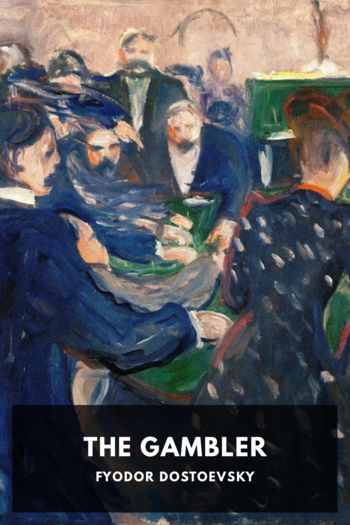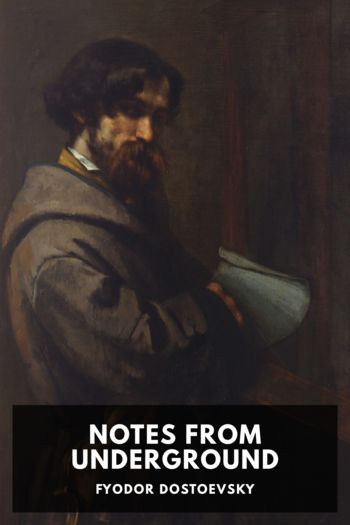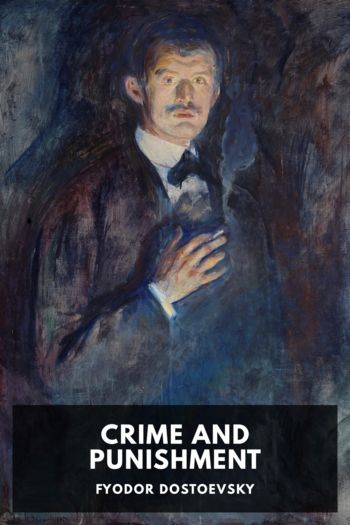The Brothers Karamazov by Fyodor Dostoevsky (i love reading books .txt) 📕

- Author: Fyodor Dostoevsky
Book online «The Brothers Karamazov by Fyodor Dostoevsky (i love reading books .txt) 📕». Author Fyodor Dostoevsky
“But there are no hooks there,” said Alyosha, looking gently and seriously at his father.
“Yes, yes, only the shadows of hooks, I know, I know. That’s how a Frenchman described hell: ‘J’ai vu l’ombre d’un cocher qui avec l’ombre d’une brosse frottait l’ombre d’une carrosse.’ How do you know there are no hooks, darling? When you’ve lived with the monks you’ll sing a different tune. But go and get at the truth there, and then come and tell me. Anyway it’s easier going to the other world if one knows what there is there. Besides, it will be more seemly for you with the monks than here with me, with a drunken old man and young harlots … though you’re like an angel, nothing touches you. And I dare say nothing will touch you there. That’s why I let you go, because I hope for that. You’ve got all your wits about you. You will burn and you will burn out; you will be healed and come back again. And I will wait for you. I feel that you’re the only creature in the world who has not condemned me. My dear boy, I feel it, you know. I can’t help feeling it.”
And he even began blubbering. He was sentimental. He was wicked and sentimental.
V EldersSome of my readers may imagine that my young man was a sickly, ecstatic, poorly developed creature, a pale, consumptive dreamer. On the contrary, Alyosha was at this time a well-grown, red-cheeked, clear-eyed lad of nineteen, radiant with health. He was very handsome, too, graceful, moderately tall, with hair of a dark brown, with a regular, rather long, oval-shaped face, and wide-set dark gray, shining eyes; he was very thoughtful, and apparently very serene. I shall be told, perhaps, that red cheeks are not incompatible with fanaticism and mysticism; but I fancy that Alyosha was more of a realist than anyone. Oh! no doubt, in the monastery he fully believed in miracles, but, to my thinking, miracles are never a stumbling-block to the realist. It is not miracles that dispose realists to belief. The genuine realist, if he is an unbeliever, will always find strength and ability to disbelieve in the miraculous, and if he is confronted with a miracle as an irrefutable fact he would rather disbelieve his own senses than admit the fact. Even if he admits it, he admits it as a fact of nature till then unrecognized by him. Faith does not, in the realist, spring from the miracle but the miracle from faith. If the realist once believes, then he is bound by his very realism to admit the miraculous also. The Apostle Thomas said that he would not believe till he saw, but when he did see he said, “My Lord and my God!” Was it the miracle forced him to believe? Most likely not, but he believed solely because he desired to believe and possibly he fully believed in his secret heart even when he said, “I do not believe till I see.”
I shall be told, perhaps, that Alyosha was stupid, undeveloped, had not finished his studies, and so on. That he did not finish his studies is true, but to say that he was stupid or dull would be a great injustice. I’ll simply repeat what I have said above. He entered upon this path only because, at that time, it alone struck his imagination and presented itself to him as offering an ideal means of escape for his soul from darkness to light. Add to that that he was to some extent a youth





Comments (0)